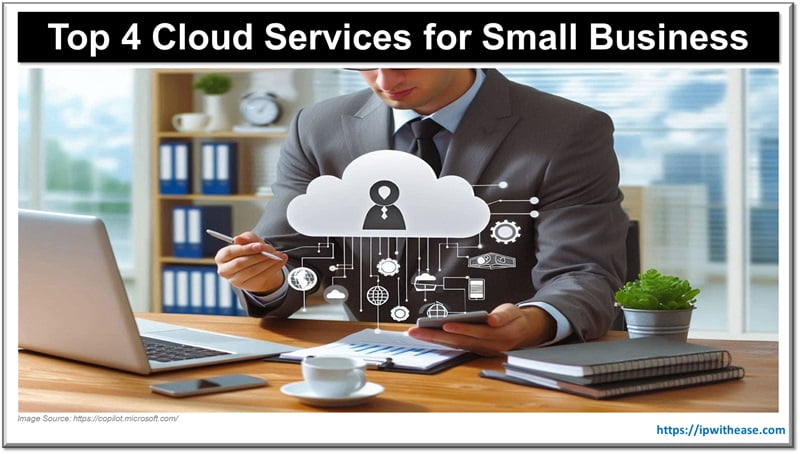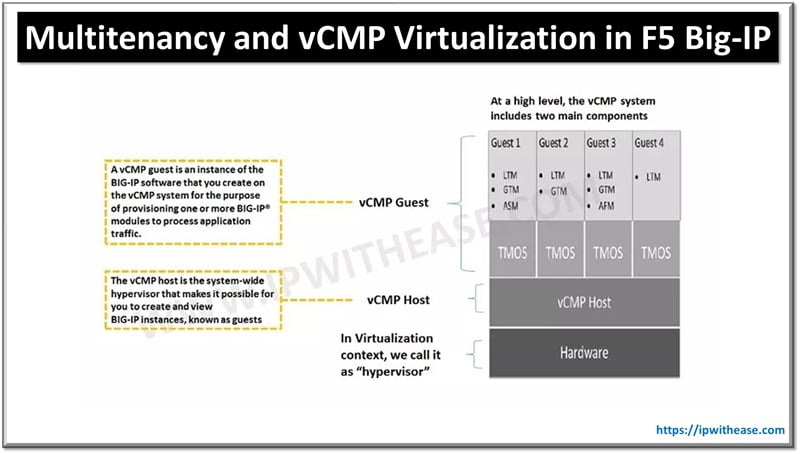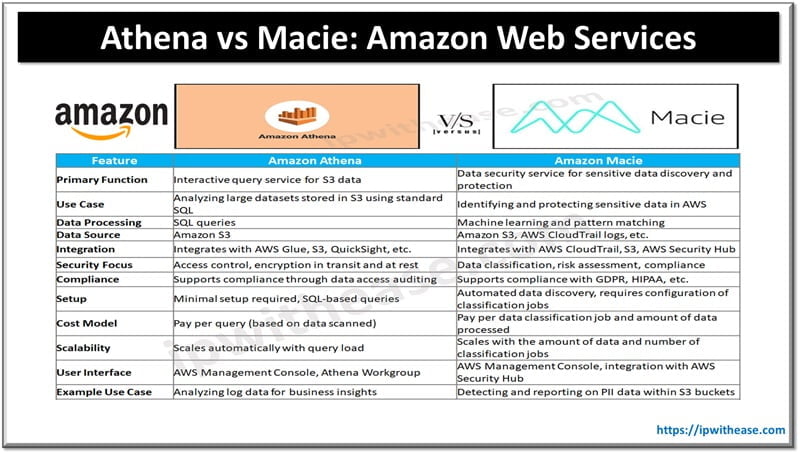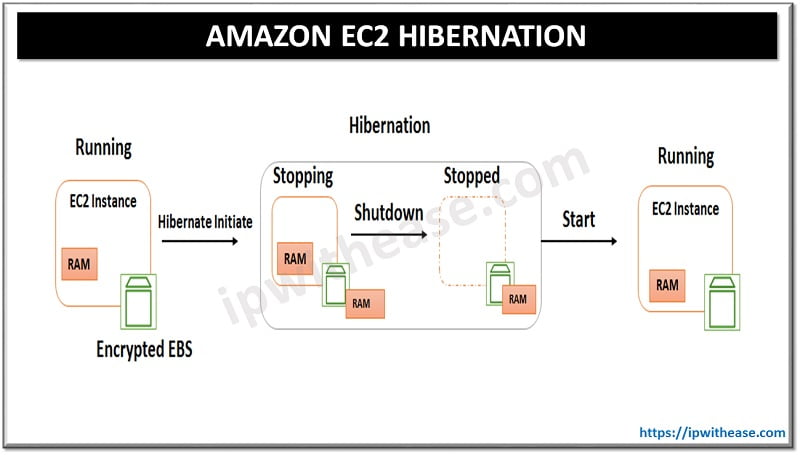Table of Contents
The allure of the cloud is immense, and smaller firms are positioned to benefit most from moving away from on-site hardware and software setups.
While this top-level selling point is well-known, the actual transition to cloud services in an SMB context can be hobbled by the competitive nature of this marketplace.
To remedy this state of indecision which many companies find themselves in, here’s a walk through the most prominent cloud platforms and what they offer.

Maximizing Efficiency with Amazon Web Services (AWS)
Amazon Web Services (AWS) remains a heavyweight in cloud computing. It generated $90 billion in sales revenue last year, and is considered a hyperscale provider, yet still manages to make sense for small organizations as well as large businesses.
Why go for AWS?
- Scalability: Whether your business grows fast or needs to handle peak loads, AWS scales effortlessly. Imagine upgrading your storage like adding shelves to an expanding library.
- Cost Management: With pay-as-you-go pricing, AWS ensures you only pay for what you use. It’s like having a utility bill based on actual consumption.
- Security: Advanced encryption and compliance certifications keep data secure. This is significant given that the right security setup can reduce the fiscal fallout of breach attempts by 90%.
- Global Reach: AWS’s global infrastructure lets businesses deploy applications across multiple regions swiftly. This means faster services and better customer satisfaction.
However, the real game-changer is their suite of specialized services, including:
- EC2 Instances – Flexible compute capacity.
- S3 Storage – Durable object storage solutions.
- RDS Databases – Managed relational databases.
- Lambda Functions – Serverless computing without infrastructure management.
Small businesses leveraging these tools are in a strong position to streamline operations effectively while maintaining cost-efficiency and reliability.
Harnessing the Power of Google Cloud Platform (GCP)
Google Cloud Platform (GCP) continues to impress small business owners with its powerful, intuitive cloud services.
Why should you choose GCP?
- AI and Machine Learning: Integrated AI tools make it easier to analyze data and derive insights. And with Google set to plow another $50 billion into expanding and improving this aspect of its infrastructure this year alone, improvements will keep coming.
- Cost-Efficiency: Competitive pricing models help manage costs with inviting compromises along for the ride. It’s a way of getting premium services at an affordable rate.
- Security & Compliance: With built-in security features and compliance certifications, GCP protects your sensitive information. So if you’re aiming to integrate an easy quarterly tax estimation tool as part of your cloud setup to streamline filing and payment processes, you can rely on Google’s underpinnings to defend this sensitive info from outsider intervention.
Additionally, specific tools within GCP shine brightly:
- Compute Engine – Virtual machines optimized for performance.
- BigQuery – Serverless, highly scalable data warehouse perfect for large-scale queries.
- Cloud Storage – Unified object storage solution that’s robust and cost-effective.
- Kubernetes Engine – Managed environment for deploying containerized applications seamlessly.
With these powerful capabilities, small businesses can innovate faster without getting bogged down by infrastructure concerns or ballooning costs.
Streamlining Operations with Microsoft Azure
Microsoft Azure offers a rich suite of cloud services designed to iron the kinks out of business operations. Since it has managed to grow its share of the market by 2% in the past 12 months, it is clearly doing something right.
Why opt for Azure?
- Integration with Microsoft Products: Seamless compatibility with Office 365 and other Microsoft tools boosts productivity. It’s basically a way of adding extensions to your existing toolkit.
- Hybrid Cloud Flexibility: Offers both on-premises and cloud solutions, making transitions smooth. Imagine blending traditional office setups with modern cloud efficiency.
- Comprehensive Security: Built-in security features protect against threats, ensuring peace of mind.
Key tools that stand out in Azure:
- Virtual Machines (VMs) – Scalable compute resources on demand.
- Azure SQL Database – Managed database service optimized for performance and scale.
- Blob Storage – Object storage solution ideal for large amounts of unstructured data.
- Azure Functions – Serverless computing platform simplifying complex orchestration tasks.
Small businesses leveraging these tools find they can manage workloads without hefty infrastructure investments or underlying complexity.
Leveraging IBM Cloud for Small Business Solutions
IBM Cloud offers a comprehensive suite of services tailored for small businesses. And while its 5% share of the cloud market is dwarfed by Amazon’s 32% stake, Azure’s 20% slice and Google’s 9% piece, all sorts of organizations value the fact that this is a brand which has stood the test of time, tracing its roots back more than a century.
Why consider IBM Cloud?
- AI and Watson: Access to Watson AI tools allows small businesses to implement sophisticated analytics easily.
- Hybrid and Multi-cloud Flexibility: Seamlessly integrate with existing infrastructure, ensuring smooth operations across different environments.
- Robust Security Measures: Advanced encryption and security protocols keep data protected. Imagine having an unbreakable digital fortress around your sensitive information.
Highlighted features in IBM Cloud:
- IBM Watson Studio – Integrated environment designed for data scientists, application developers, and subject matter experts.
- Cloud Foundry – Platform-as-a-Service (PaaS) that simplifies deployment processes significantly.
- Object Storage – Highly scalable storage solution suitable for large datasets.
- IBM Kubernetes Service – Managed Kubernetes service that supports containerized applications efficiently.
Utilizing these tools means small businesses can innovate rapidly while keeping costs under control and maintaining high security standards.
The Last Word
There’s no definitive answer to the question of which cloud service is best for small business owners. However, now that you know a bit more about the likes of AWS, GCP, Azure and IBM Cloud, working your way towards a decision will be more of a sprint than a shuffle.
ABOUT THE AUTHOR
IPwithease is aimed at sharing knowledge across varied domains like Network, Security, Virtualization, Software, Wireless, etc.



